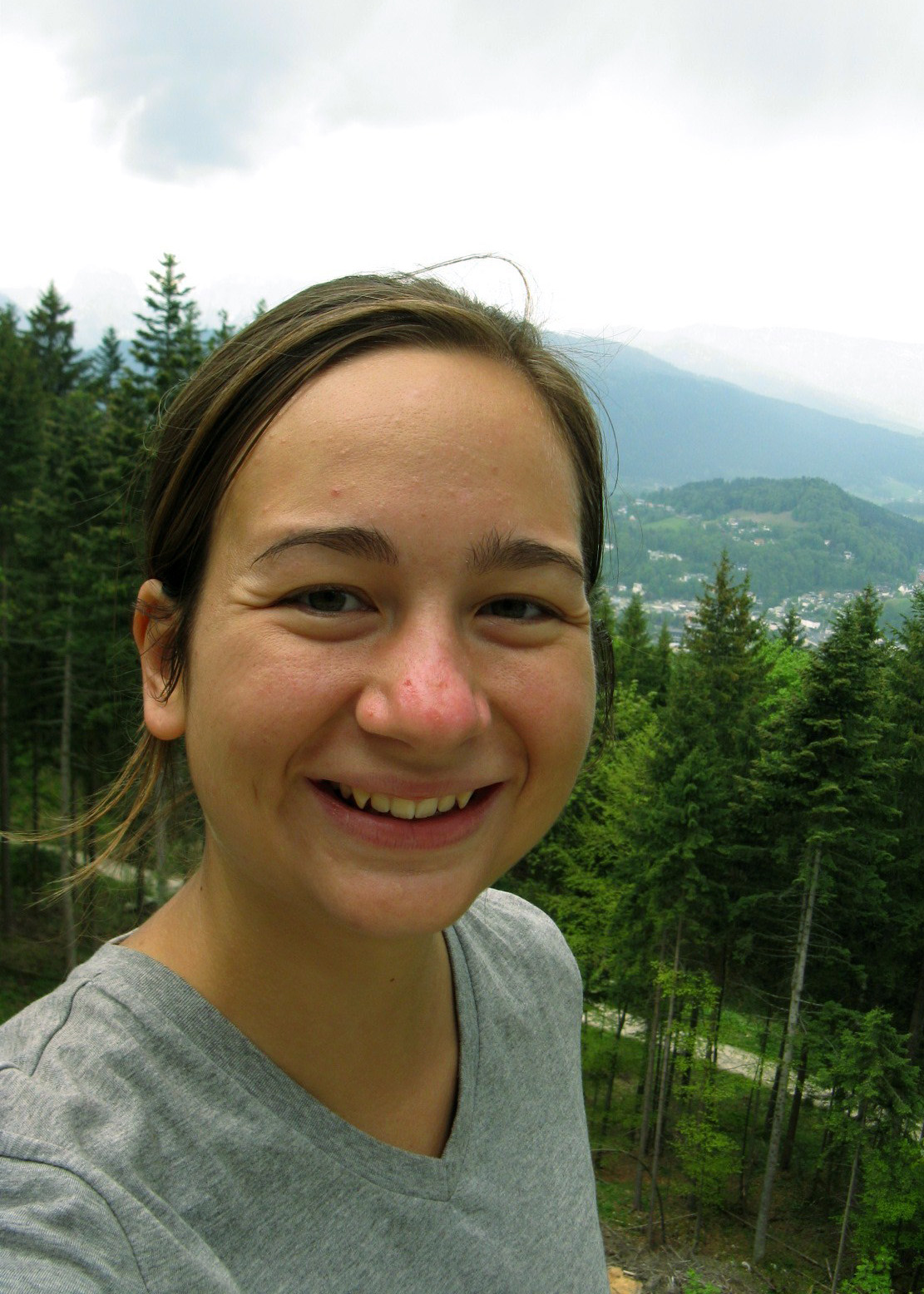The past eight months have taken me nonstop from SST in Tanzania, to gallivanting across Europe, to hiking the mountains of Morocco, and rebuilding homes in West Virginia. It was an enlightening and formative opportunity to study, travel, and serve. As I return home and settle into the routine of school, I find myself contemplating the value of work. The mainstream, can-do American attitude focuses on work as the ultimate solution for everything. More work is always better than less. Efficiency and productivity are esteemed with the end goal being tangible, measurable results. Yet through my experiences and interactions I was introduced to a world that values the wellness of one’s self and the quality of one’s relationships above the output of one’s work.
I observed a European lifestyle that took time to rest, to relax, to stroll. Spanish afternoons are devoted to siestas, precious time set aside just to rest. European cities are built for people, designed for leisurely wanderings and lingering over dinner. It lacks the incessant pace of the U.S. where we power walk down streets to get to our next appointment and scarf down food because it’s there. Likewise, I met Tanzanians for whom the idea of a full work day was much more casual; what doesn’t get done today will be done tomorrow. This does not equate to laziness, but acknowledges that other things, other people, are often more important.Under the prevailing mindset where work is a primary indicator of identity and quality of life, those in West Virginia (many of whom are not traditionally employed) would rank low. Yet such limited measures do not account for the incredible warmth, hospitality, and spirit that lives in those mountains. Homeowners I worked with during my summer with SWAP (Sharing With Appalachian People) in West Virginia did not expect constant work but rather insisted on workers taking respite on the porch. They cherished companionship and transformational relationships more than all the work we might possibly accomplish in a day.
All of my experiences have shown me that work for the sake of work alone means nothing. Constantly running at a frenetic pace accomplishes naught. Leaving behind a remodeled kitchen or papers and reports is ultimately insignificant. These things fade away. Instead, I have seen the renewing power of joyously investing in people and taking time to care for oneself. Resting, trading ideas, telling stories, making connections, and appreciating beauty are the things that sustain us. I urge us all to learn from the rest of the world: to stop doing and to start being.



